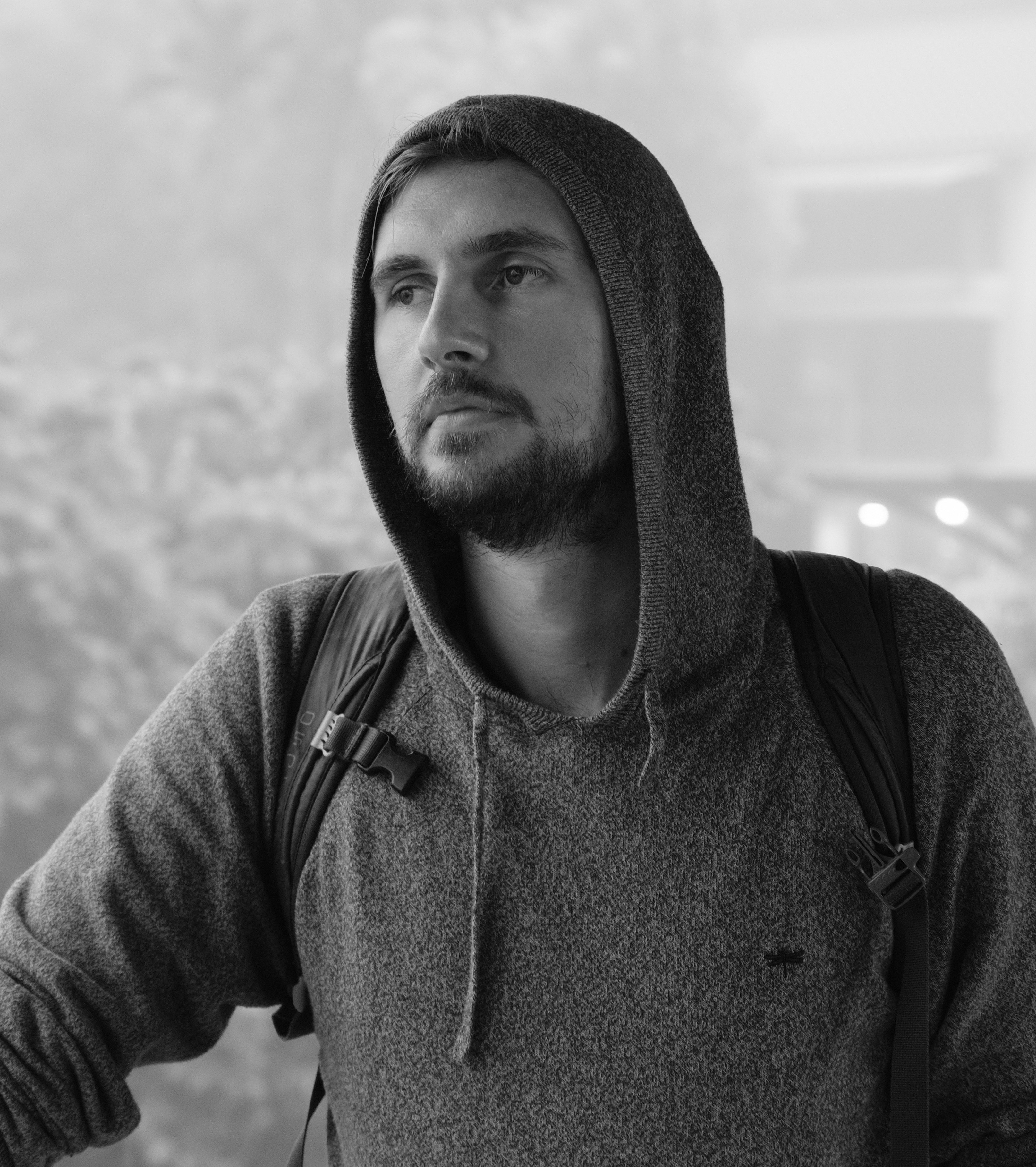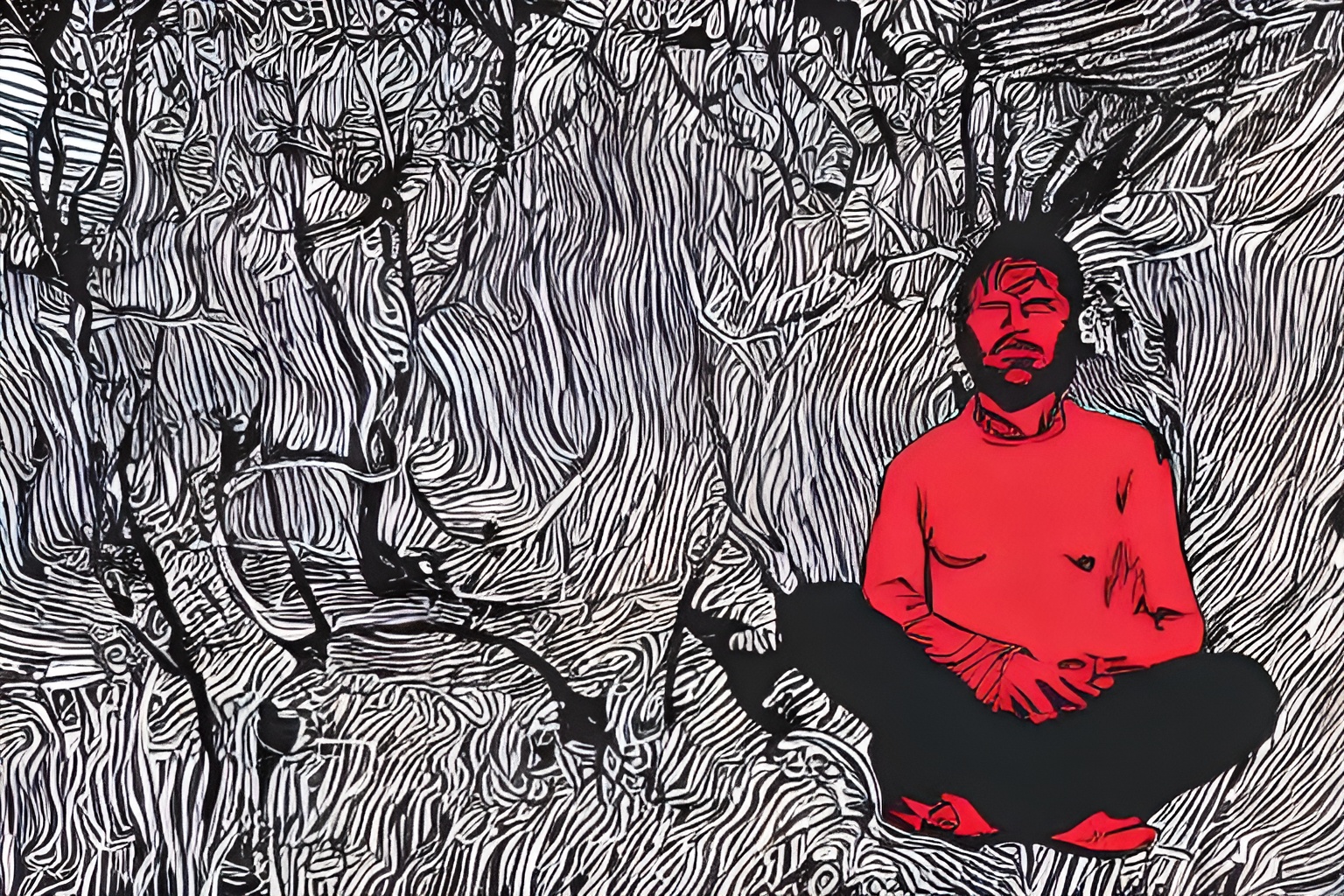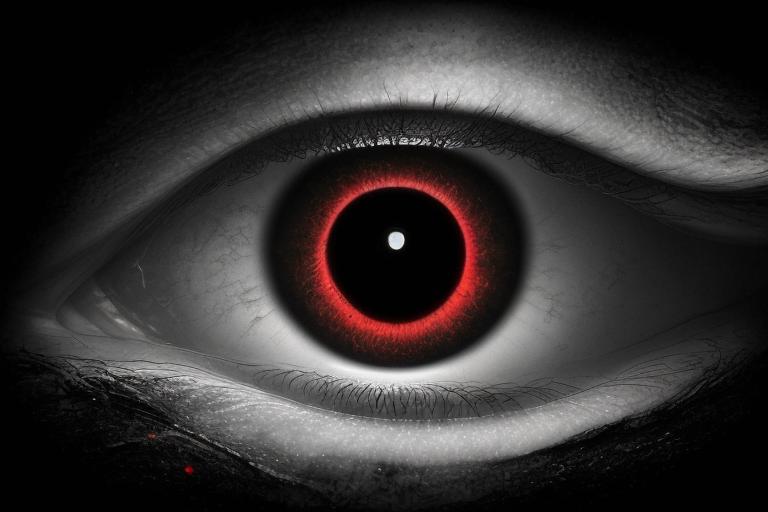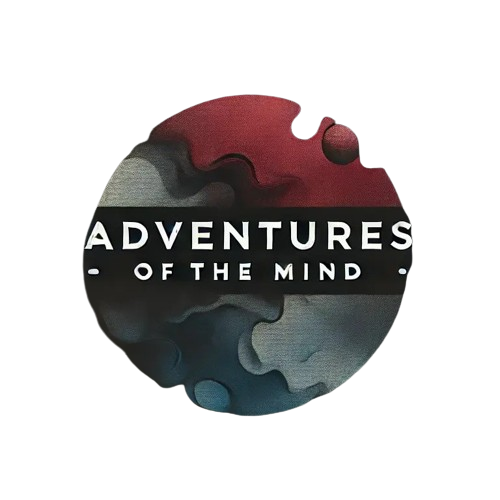The Outsider
Published by Ben Worrall 17th February 2025

“From the standpoint of the way of duty, anyone in exile from the community is a nothing. From the other point of view, however, this exile is the first step of the quest. Each carries within himself the all; and therefore it may be sought and discovered within.” — Joseph Campbell
The person who believes they’re already in possession of the truth can never discover it. The truth reveals itself to those who look, but most never look. They find comfort in what is known, and they rely on this knowingness to construct a self-identity that anchors them on solid ground. It is, first and foremost, a social identity that removes much of the uncertainty from what is actually an extremely uncertain situation. And, oh, how pleasant it is to live within the lines of certainty. Just like ants who spend their lives providing for the queen, existence is predictable and comfortable, but how often do these ants look to the sky and wonder, how often do they search, question, or feel into the mysterious marvel that is existence?
In contrast, The Outsider rejects certainty. They see its limits and make a decision, often early in life, to never give in to its alluring pull. For they unconsciously understand that to allow the currents of certainty to carry them away is to place artificial limits on their being — a limitless source. To The Outsider, grasping at certainty is a cowardly attempt to escape from the breadth and depth of reality. It’s an active lie. And while the facade may provide rewards abound and keep suffering at bay, it will ultimately crumble under the weight of truth.
It always plays out the same. The Outsider, unwilling to conform, is shunned and pushed to the peripheries of society. They are viewed as a villain due to the perceived arrogance they display as they reject their duties with pride. What The Outsider understands, and the critics do not, is that duty is not contained to the social roles and norms of their culture. Responsibility goes far beyond a passive nodding of the head and dripping sweat on the brow. Responsibility for them is the search and the alignment with what is true, not what is convenient.
And so they accept their rejection with a solemn understanding and retreat to the fringes where they observe the group's madness from the silent mountain of solitude. From this new vantage point, the self-serving cultural narratives reveal themselves in full contrast; shadowy strings dancing on the walls of life’s stage. The performers have become so wrapped up in their roles that they have completely forgotten the taut lines controlling their every movement. They are voluntarily chained in Plato’s cave.
The Outsider is saddened by the view, but in their current state of exile there is nothing they can do to set the people free from their self-deception. There’s no choice but to follow the road less travelled. And so they head into the darkness of the night. They are powerless for now, but accumulating confidence with every step they take. As they wander further into the unknown, their vision begins to acclimate to the darkness, and within it, they see momentary flashes of light. These are insights, revelations, and recollections that trigger in The Outsider a knowing that goes beyond anything they have known before. They slowly develop an understanding of who they truly are. The source of the world is revealed beyond surface appearances. And with this knowledge, The Outsider is transformed. The duality between Outsider and Insider collapses. They become both, neither, and something entirely new.
Sitting alone in the dark, a new weight settles upon them. Their transformation carries with it an obligation. No longer are they powerless. Their experiences have made them a rare individual capable of unifying light and darkness. They need to return to the world of narratives and use the power concealed within themselves to break the illusion. And so, with a gracefulness of step, they turn and walk in the direction they came.
Arriving back, they notice the theater lights have grown blinding in their absence, multiplied endlessly by mirrors that now encircle the stage. The colony is larger and more frenzied. No longer communicating, no longer serving, each individual wanders from one mirror to the next, desperately attempting to glimpse themselves and their role. Sadly, the light is too bright and the reflection too strong. And so they are left circling the stage in an infinite loop, swaying to the tinseled beat that plays from the audio system.
The Outsider’s shouts go unheard, their value drowned out by the very fascination it might break. Yet they persist — there is nothing else to do. Until finally, in a fracturing corner of a mirror, a young child catches a glimpse of their waving arms. She does not dare to turn and acknowledge what she has seen, but moves to the edge of the stage, hesitant, uncertain. Her eyes widen as she notices the dancing shadowy strings. An outsider looking in.
Ben Worrall





